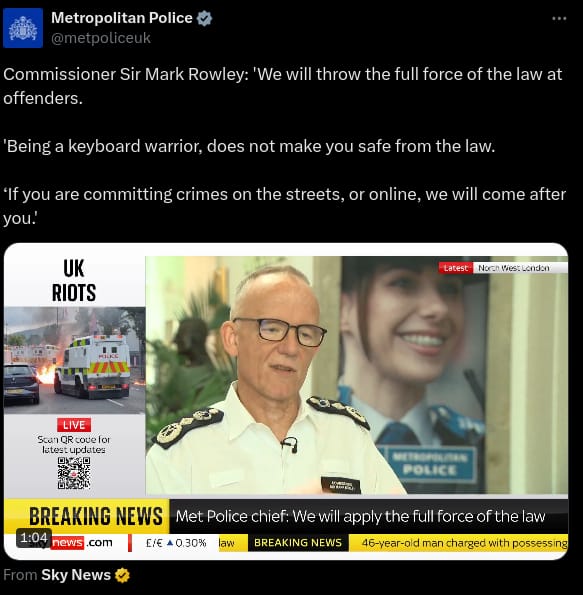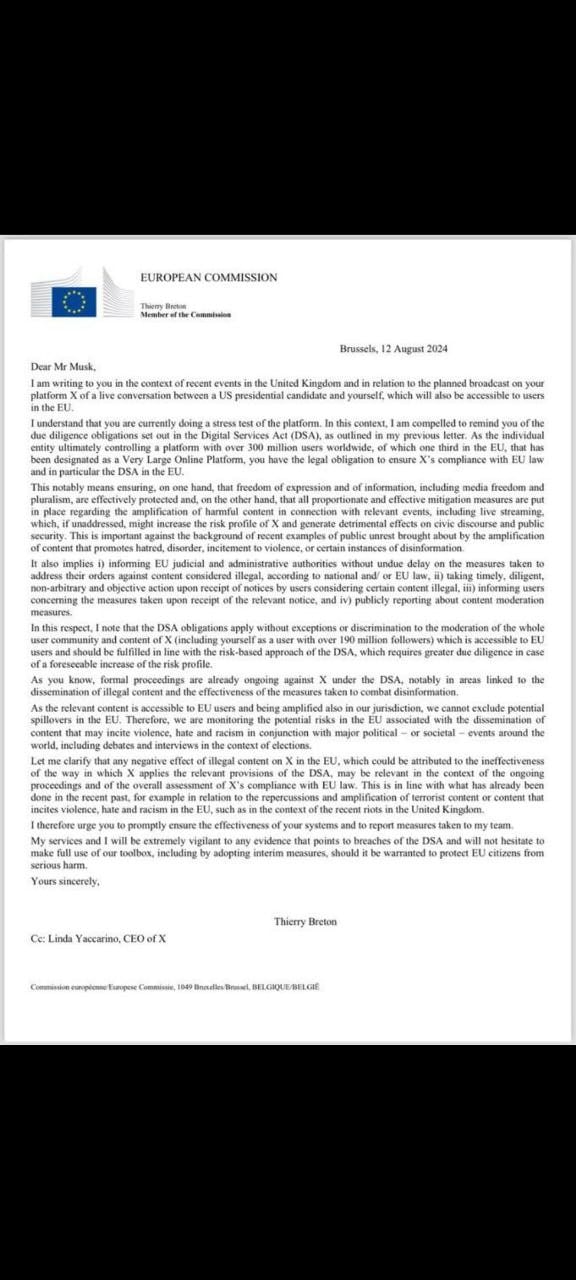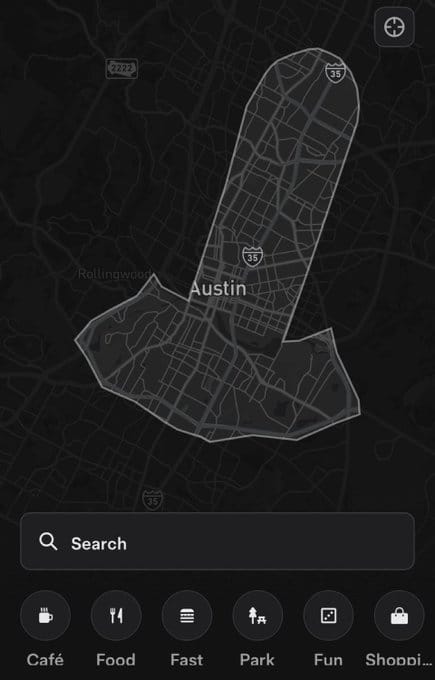Freedom of Speech and Censorship: The Growing Battle in the UK


Introduction
In recent months, the United Kingdom has found itself at the center of a heated debate over freedom of speech, censorship, and the jurisdictional reach of its law enforcement. The tension between upholding public order and protecting free expression has never been more pronounced, especially with three high-profile cases that highlight the growing concerns around censorship.

The Digital Services Act (DSA) and X (formerly Twitter)
The European Union's Digital Services Act (DSA) has placed stringent requirements on platforms like X, demanding strict compliance to avoid the amplification of harmful content. Thierry Breton, a member of the European Commission, reminded Elon Musk of X’s obligations under the DSA, especially in light of recent riots in the UK. The platform's responsibility to curb content promoting violence and hatred is under intense scrutiny, with the EU warning of severe consequences if these obligations are not met.

Metropolitan Police's Extradition Threats
The situation escalated further when the Metropolitan Police Commissioner, Sir Mark Rowley, issued a warning that the UK would not only pursue legal actions against its citizens but also consider extraditing U.S. citizens for online posts that violate UK laws. This threat emerged amidst violent protests following false rumors related to a mass stabbing incident. Rowley’s remarks that "we will come after you" sent shockwaves, raising serious concerns about the reach of UK law enforcement beyond its borders and the implications for global freedom of speech.
Merseyside Police and Online Censorship
Adding to the tension, Chief Constable Serena Kennedy of Merseyside Police took a firm stance against online posts that incite violence. Following riots in Liverpool, Kennedy warned that individuals could face severe legal actions, including extradition, for posts deemed harmful. This approach mirrors the Metropolitan Police's stance, further intensifying the debate over how far the UK is willing to go to control online discourse.
The Broader Implications for Freedom of Speech
These incidents collectively paint a picture of a country grappling with the balance between maintaining public order and safeguarding freedom of speech. The UK's recent actions signal a potential shift towards more aggressive censorship measures, where even individuals outside its borders could be held accountable under UK law. This raises significant questions about the future of free expression in a digital world, where the boundaries of jurisdiction are increasingly blurred.

Conclusion
As the UK tightens its grip on online content, the global community watches closely. The actions of UK law enforcement, as illustrated by the examples involving the DSA, the Metropolitan Police, and Merseyside Police, suggest a challenging road ahead for freedom of speech. The debate over where to draw the line between protecting public order and upholding fundamental rights is far from over, and its outcome could have lasting implications for internet users worldwide.







